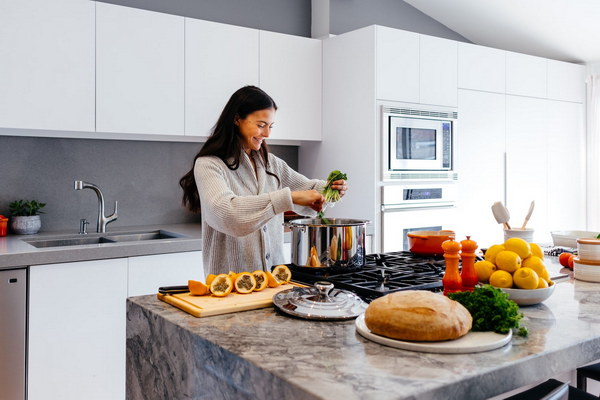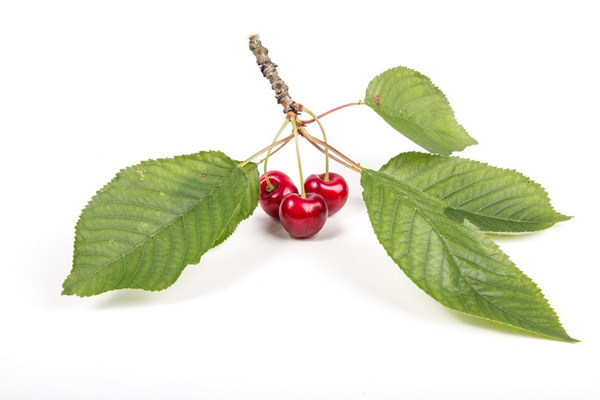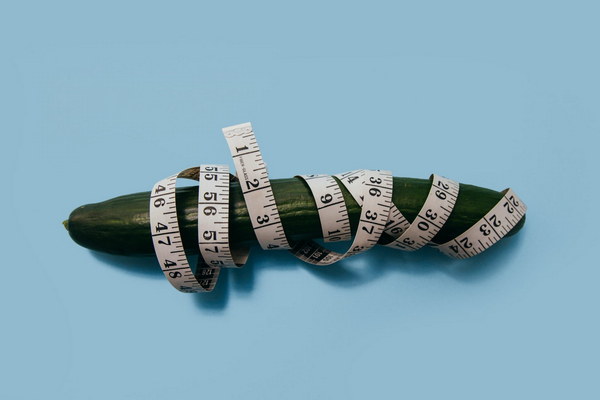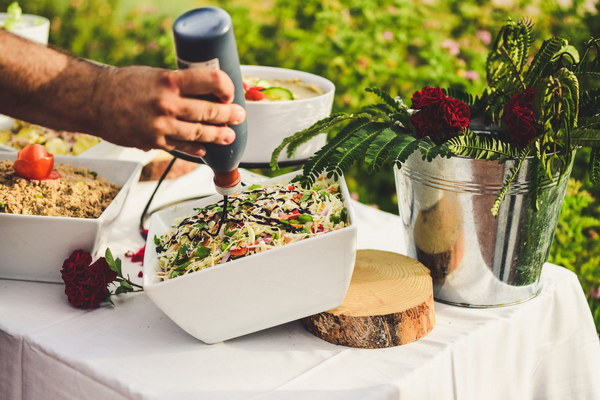Can You Take Damp-Relieving Medicines After Consuming Traditional Chinese Medicine
Introduction:
Traditional Chinese Medicine (TCM) has been practiced for thousands of years, offering a holistic approach to healing and wellness. Many people turn to TCM to treat various ailments, including dampness-related conditions. However, when it comes to combining TCM with damp-relieving medicines, there may be some confusion. In this article, we will explore whether it is safe to take damp-relieving medicines after consuming traditional Chinese medicine.
Understanding Dampness in TCM:
In TCM, dampness is considered a pathological factor that can lead to various health issues. It is believed that dampness can accumulate in the body due to factors such as poor diet, excessive humidity, or certain medical conditions. Symptoms of dampness may include fatigue, weight gain, bloating, and joint pain. To address dampness, TCM practitioners often prescribe herbal remedies that help eliminate dampness from the body.
The Role of Damp-Relieving Medicines:
Damp-relieving medicines are specifically designed to alleviate dampness-related symptoms. These medications usually contain herbs that have drying properties, helping to remove dampness from the body. They may also address other symptoms associated with dampness, such as bloating and discomfort.
Combining TCM with Damp-Relieving Medicines:
It is generally safe to take damp-relieving medicines after consuming traditional Chinese medicine, but there are a few factors to consider:
1. Consultation with a TCM Practitioner:
It is crucial to consult with a qualified TCM practitioner before combining TCM with damp-relieving medicines. They can assess your individual condition and recommend the most suitable treatment plan. A TCM practitioner will consider your overall health, including any existing medical conditions, when determining whether to combine these treatments.
2. Compatibility of Ingredients:
Some ingredients found in both traditional Chinese medicine and damp-relieving medicines may have similar properties. While this can be beneficial, it is essential to ensure that the ingredients are compatible and will not interact negatively. A TCM practitioner will assess the compatibility of the ingredients and adjust the dosage accordingly.
3. Dosage and Timing:
The dosage and timing of both TCM and damp-relieving medicines are crucial. It is important to follow the prescribed dosage and timing provided by your TCM practitioner. Taking too much or too little of either treatment can lead to adverse effects.

4. Monitoring for Adverse Reactions:
When combining TCM with damp-relieving medicines, it is essential to monitor for any adverse reactions. If you experience any unusual symptoms or discomfort, consult your TCM practitioner immediately.
Conclusion:
In conclusion, it is generally safe to take damp-relieving medicines after consuming traditional Chinese medicine, but it is crucial to consult with a qualified TCM practitioner. They can assess your individual condition, ensure the compatibility of ingredients, and provide guidance on dosage and timing. By following their recommendations, you can safely combine these treatments to address dampness-related symptoms and improve your overall health.









